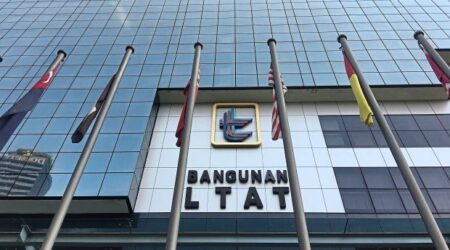Khazanah clarifies divestment from FashionValet
PETALING JAYA: Khazanah Nasional has stepped forward to clarify its recent divestment from Fashion Valet Sdn Bhd.
In a statement on Friday (Nov 1), it said it invested RM27mil to secure a 9% stake in FashionValet, a burgeoning homegrown e-commerce platform boasting over 400 brands and 15,000 products, with expectations of achieving approximately 60% annual revenue growth.
“Our investment rationale was anchored on the theme of Offline-to-Online e-commerce, as well as a commitment to support Malaysian entrepreneurs and promising early-stage companies,” it said on Thursday (Oct 31).
However, the company faced numerous challenges over the years, exacerbated by the Covid-19 pandemic, which hindered its platform expansion.
“This required FashionValet, under the guidance of its board of directors and shareholders, to shift focus from being an e-commerce platform for South-East Asian brands to growing its wholly-owned in-house brands, Duck and Lilit, in order to preserve the Company’s operating margins and cash flow.”
Additionally, the company took steps to rationalise costs and streamline operations but continued to struggle with securing capital amid a difficult fundraising climate from 2022 to 2023.
In late 2023, NXBT Partners, led by an experienced Malaysian entrepreneur, offered to acquire existing shareholders’ stakes and infuse capital into FashionValet.
“In view of the company’s urgent need for funds to continue operations, and the fact that the investment had reached the end of its targeted holding period, Khazanah considered and accepted the offer.
“The divestment represented a responsible exit to transfer ownership to a party who could help guide the company to a new growth trajectory,” it said.
On Tuesday, the Finance Ministry said Khazanah and PNB had sold their collective stakes in Malaysia’s first fashion e-commerce platform, FashionValet Sdn Bhd (FashionValet), for RM3.1mil.
This sale marked a significant loss from the RM47mil the two government-linked investment companies had paid for the entity.













Leave a Reply